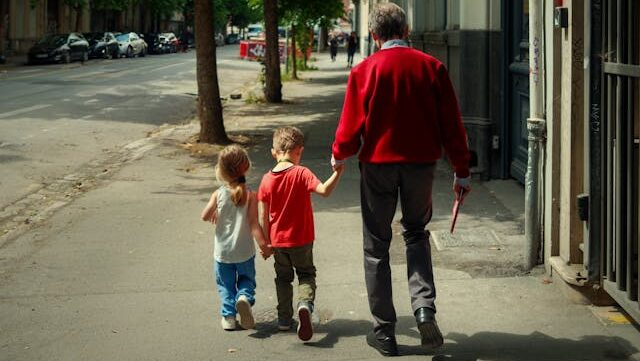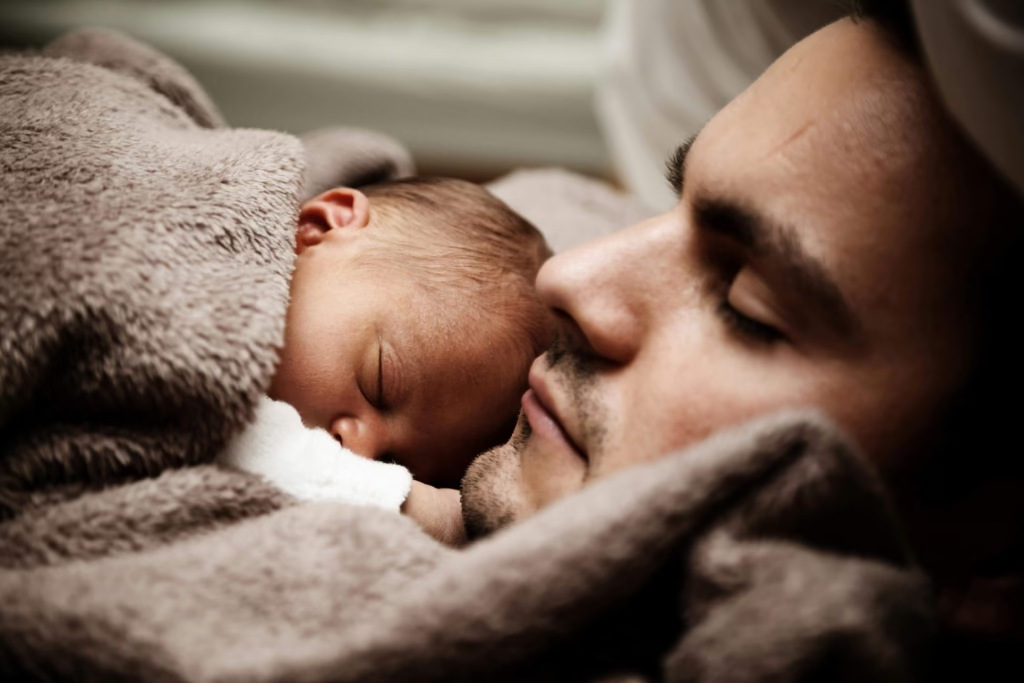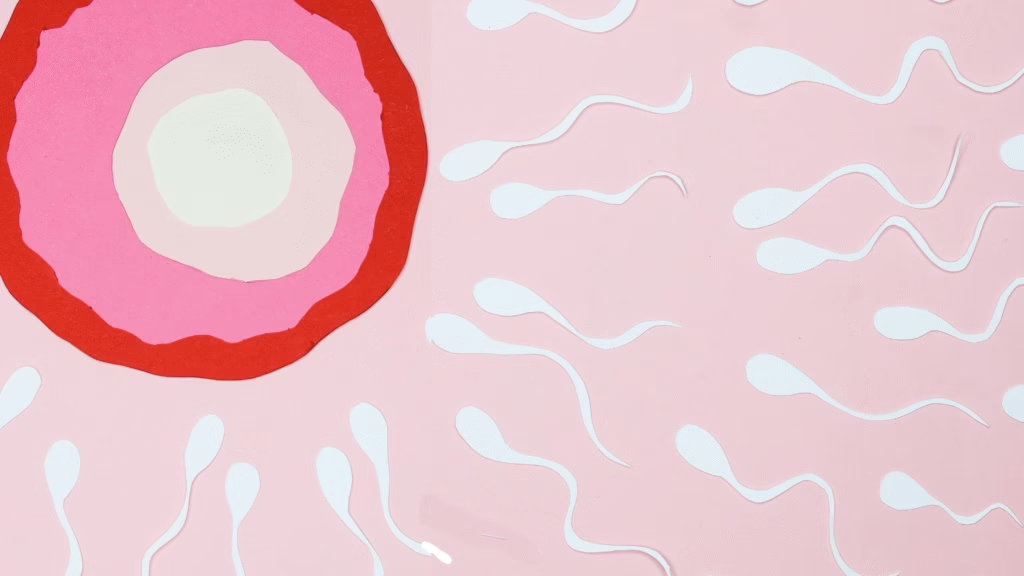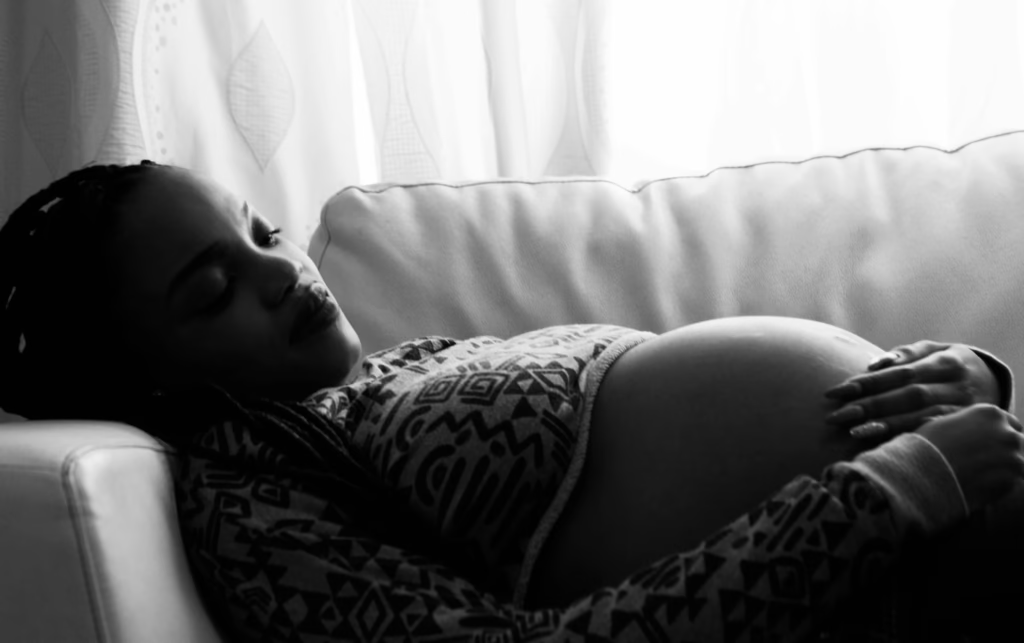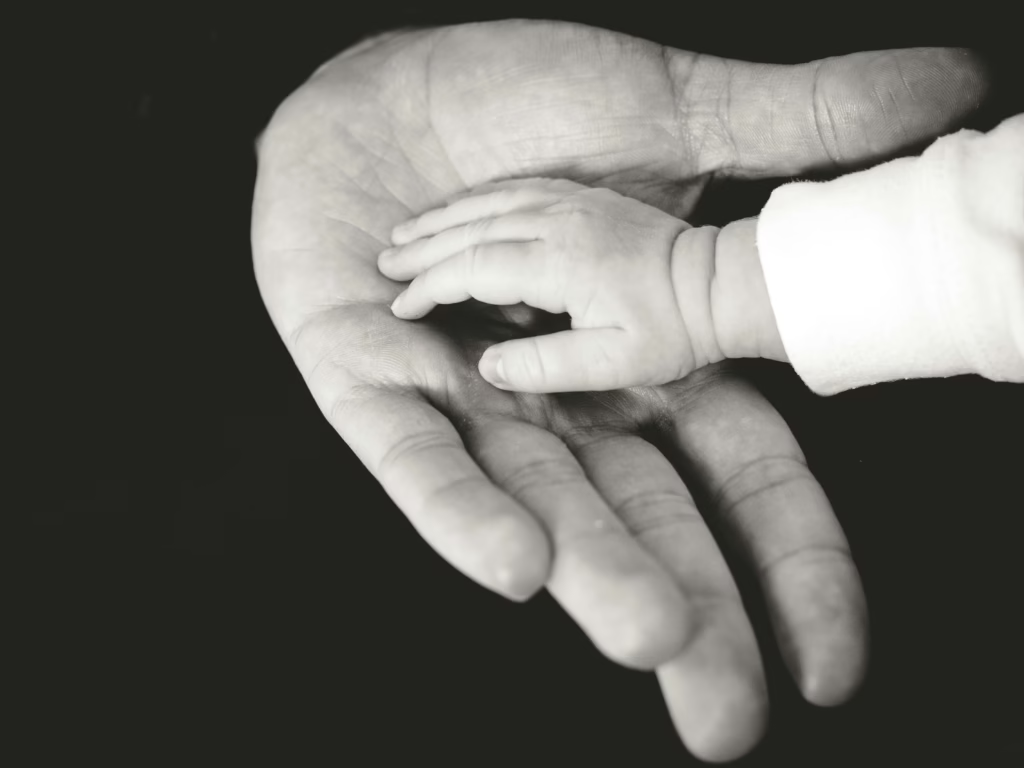Introduction
Egg donation in California has seen remarkable growth over the past decade, becoming a beacon of hope for thousands of individuals and couples struggling with fertility challenges. As one of the most progressive states for reproductive healthcare, California offers world-class fertility centers, comprehensive legal protections, and diverse donor options that make it a leading destination for egg donation in the United States.
Understanding the complete picture of egg donation—including expected results, potential risks, and meaningful rewards—is essential for anyone considering this path to parenthood or thinking about becoming a donor. The decision to pursue egg donation touches on deeply personal aspects of health, family planning, and ethics.
In this comprehensive guide, you’ll learn about the unique egg donation in California landscape, success rates at top clinics, the physical and emotional aspects of the process, and the legal framework that protects all parties involved. Whether you’re exploring egg donation due to medical necessity, age-related fertility decline, same-sex family building, or as a potential donor, this information will help you navigate your journey with confidence.
Egg Donation in California offers a solution for many situations, including premature ovarian failure, genetic concerns, unsuccessful IVF attempts, and family formation for LGBTQ+ individuals and single parents by choice.
Understanding Egg Donation in California
How Egg Donation in California Works
The egg donation process in California follows a carefully structured protocol designed to maximize success while protecting both donors and recipients. The journey begins with thorough screening of potential egg donors, including genetic testing, psychological evaluation, and medical history review. Once matched with intended parents, the donor undergoes ovarian stimulation using hormone medications to produce multiple eggs.
Fertility clinics handle the medical aspects of egg retrieval and embryo creation, while agencies often facilitate the matching process between donors and recipients. Some intended parents work directly with clinics that maintain their own donor databases, while others find their donors through specialized agencies or known personal connections.
The typical timeline from initial screening to egg retrieval spans approximately 4-6 weeks. This includes 10-14 days of hormone injections, monitoring appointments, the egg retrieval procedure itself, and a follow-up check after completion. For recipients, the process continues with embryo creation, testing if desired, and eventual embryo transfer, which occurs on a separate timeline.
Who Becomes an Egg Donor
Most egg donors in California fall between the ages of 21 and 29, as this age range typically offers optimal egg quality and quantity. However, some clinics accept donors up to age 32 if they have exceptional health profiles and proven fertility.
The screening process is rigorous, requiring donors to pass comprehensive physical examinations, infectious disease testing, genetic carrier screening, and psychological evaluations. Donors must have regular menstrual cycles, a healthy BMI (usually between 19-27), no reproductive disorders, and no significant family history of hereditary conditions.
California guidelines limit donors to participating in no more than 6 to 8 donation cycles in their lifetime to protect their health. This restriction applies across all clinics and agencies, though tracking mechanisms between facilities vary. Many reputable programs maintain membership in the American Society for Reproductive Medicine (ASRM) which helps enforce these limitations.
Legal & Financial Aspects
Egg donors in California typically receive compensation ranging from $7,000 to $10,000 per cycle, with experienced donors or those with exceptional educational backgrounds sometimes receiving higher amounts. This compensation acknowledges the time, discomfort, and commitment involved in the donation process.
California law strongly supports reproductive autonomy and has well-established legal precedents protecting egg donation arrangements. All parties sign comprehensive legal agreements before proceeding, with separate legal representation for donors and recipients. These contracts clearly establish that donors relinquish all parental rights to any resulting children.
California offers some of the strongest confidentiality protections in the country, though arrangements can vary from completely anonymous to fully identified donations, or even open relationships, depending on the mutual desires of all parties. Recent legislation has also created pathways for donor-conceived individuals to access medical information when they reach adulthood, balancing privacy concerns with the rights of donor-conceived people.
Expected Results from Egg Donation
Success Rates and Factors
California fertility clinics report impressive success rates with donor egg cycles, with pregnancy rates typically ranging from 60-70% per embryo transfer when using eggs from young, healthy donors. This significantly exceeds success rates for IVF using a woman’s own eggs, particularly for those over 40.
Several factors influence these success rates, including the recipient’s uterine health, the quality of the partner’s sperm or donor sperm, the expertise of the embryology laboratory, and the number of embryos transferred. While donor age is largely controlled through selection criteria, recipient age matters less for success, with many women achieving pregnancy well into their 40s and even 50s using donor eggs.
Consider the case of Pacific Fertility Center in San Francisco, which reported a 74% live birth rate per embryo transfer using donor eggs in their 2022 data submitted to the Society for Assisted Reproductive Technology (SART). This exemplifies how specialized expertise combined with young donor eggs can create exceptional outcomes for intended parents.
What Donors and Recipients Can Expect
For donors, it’s important to understand that while their contribution is invaluable, there’s no guarantee that their eggs will result in a pregnancy. Approximately 10-15 eggs are typically retrieved per cycle, but not all will fertilize successfully or develop into viable embryos.
Recipients should maintain realistic expectations as well. While success rates are high compared to other fertility treatments, around 30-40% of first-time donor egg transfers may not result in pregnancy. Most clinics recommend creating and freezing multiple embryos to allow for additional transfer attempts if needed.
According to data from the Centers for Disease Control and Prevention (CDC), California clinics performed over 3,200 donor egg cycles in 2021, resulting in approximately 1,900 live births—a success rate significantly higher than national averages for fertility treatments using a patient’s own eggs.
Long-Term Outcomes
When comparing live birth rates between donor egg IVF and traditional IVF using a woman’s own eggs, the difference is striking. For women over 42, the live birth rate using their own eggs hovers around 5-10%, while donor egg cycles maintain a 50-60% live birth rate regardless of recipient age.
The donor’s age has a profound impact on success, which is why programs strictly limit their donor pools to younger women. Eggs from donors under 30 result in approximately 10-15% higher live birth rates compared to donors over 30, highlighting why age screening is so critical.
Recent research published in Fertility and Sterility demonstrates that children born through egg donation develop normally and show no increased rates of birth defects or developmental issues compared to naturally conceived children, providing reassurance about long-term outcomes.
Risks Associated with Egg Donation
Physical Risks for Donors
Most egg donors experience mild to moderate side effects during the stimulation phase, including bloating, mood fluctuations, breast tenderness, and injection site discomfort. These symptoms typically resolve within a week after the egg retrieval procedure.
More serious risks, while rare, include ovarian hyperstimulation syndrome (OHSS), which affects less than 5% of donors and can cause severe abdominal pain, rapid weight gain, and fluid accumulation. In extremely rare cases (less than 1%), complications like bleeding, infection, or ovarian torsion may occur.
Dr. Catherine Racowsky, former president of the American Society for Reproductive Medicine, notes: “Modern protocols have significantly reduced OHSS risk through careful monitoring and medication adjustments. California clinics typically employ the most advanced safety measures, including using GnRH antagonist protocols and triggering final maturation with GnRH agonists rather than hCG when OHSS risk is detected.”
Emotional & Psychological Risks
The emotional journey of egg donation can surprise some donors, who may experience unexpected feelings about helping create a child they won’t parent. Feelings of attachment, curiosity, or occasional regret can emerge during or after the process.
Research from the University of California, San Francisco found that mandatory psychological counseling before donation significantly reduces emotional complications. California clinics uniformly require this counseling, which helps donors process the implications of their decision.
Megan, a three-time egg donor in San Diego, shares: “The counseling I received was invaluable. It helped me think through scenarios I hadn’t considered, like how I might feel years later or if a donor-conceived person contacted me someday. Having processed these possibilities in advance gave me confidence in my decision.”
Legal & Ethical Considerations
Despite California’s supportive legal framework, donors face potential risks regarding future contact and evolving laws around donor anonymity. Several states have passed laws allowing donor-conceived individuals access to identifying information once they reach adulthood, and this legal landscape continues to evolve.
Some donors have faced unexpected situations when genetic testing services like 23andMe or Ancestry.com led to unplanned discoveries of genetic relationships. The growth of these services has effectively ended the guarantee of lifelong anonymity for many donors.
A 2021 case in Sacramento highlighted these complexities when a donor who had been promised anonymity was contacted by a donor-conceived adult through social media after a half-sibling match on a DNA testing site. This example underscores the importance of donors understanding that technology and social changes may impact confidentiality regardless of legal agreements.
Rewards of Egg Donation
For Donors
The financial compensation provided for egg donation in California offers significant assistance for many young women, often helping with educational expenses, debt reduction, or establishing savings. For a relatively short time commitment, the financial reward can be meaningful.
Beyond compensation, many donors report profound personal satisfaction from helping others build families. A University of California study found that 85% of egg donors ranked “helping others” as their primary or secondary motivation for donating.
The comprehensive medical screening process provides donors with valuable insights into their reproductive and genetic health that many wouldn’t otherwise obtain at a young age. This knowledge can inform their own family planning and health management decisions later in life.
For Recipients
For intended parents, egg donation offers the precious opportunity to experience pregnancy, birth, and parenting when other avenues have failed. The gestational connection allows many recipients to feel deeply bonded to their children despite the lack of genetic connection.
Many recipients describe a profound sense of resolution after years of fertility struggles, failed treatments, and emotional turmoil. The shift from uncertainty to actively building their family brings immense psychological relief.
Egg donation significantly expands family-building options for a diverse range of intended parents, including same-sex male couples (using surrogacy), women with premature ovarian failure, cancer survivors, women of advanced reproductive age, and those with hereditary genetic conditions they wish to avoid passing on.
Broader Impact
The ripple effects of egg donation extend far beyond the immediate participants. Families created through egg donation in California reflect the state’s progressive values of inclusivity and family diversity, helping normalize various paths to parenthood.
“We met our donor briefly before the process, and the gratitude we felt was overwhelming,” shares James, who with his husband created their family through egg donation and surrogacy in Los Angeles. “Our children know their origin story from an age-appropriate perspective, and we celebrate our donor’s role in helping create our family.”
Dr. Ellen Greenblatt, a reproductive endocrinologist at UCSF, observes: “The psychological rewards of egg donation create a unique form of altruism that benefits society broadly. When we acknowledge and celebrate diverse family formations, we create more inclusive communities for all children.”
Actionable Tips for Those Considering Egg Donation
When selecting a California fertility clinic, prioritize those with SART (Society for Assisted Reproductive Technology) membership, high success rates specific to donor egg cycles, and experienced reproductive endocrinologists. Ask about their donor screening process, lab certification, and embryology expertise.
Before signing any agreements, consult with a reproductive attorney specializing in California family formation law. Understand the specific rights and responsibilities outlined in your contracts, including any provisions for future contact or information sharing. The American Bar Association’s Assisted Reproductive Technology Committee provides resources for finding qualified legal representation.
Take time to honestly assess your comfort with both the physical demands and emotional implications of egg donation. For donors, this means considering how you might feel about genetic offspring you won’t parent. For recipients, it involves processing the use of another person’s genetic material to create your family.
Both donors and recipients benefit from professional counseling before, during, and after the egg donation process. Many California clinics include counseling sessions as part of their standard protocol, but consider seeking additional support if needed, particularly around milestone events like retrievals, transfers, and births.
Donors should consider participating in long-term health tracking programs like the Egg Donor Registry and Repository to contribute to ongoing research about the safety of egg donation. Recipients should maintain detailed records of their donor’s medical information for their child’s future health needs.
Conclusion
Egg donation in California represents a remarkable intersection of advanced medical science, compassionate care, and life-changing outcomes for many individuals and couples. The state’s progressive legal framework, world-class medical facilities, and diverse donor population make it an ideal location for this important family-building option.
Success rates for egg donation in California consistently outperform national averages, offering real hope to those who have exhausted other fertility treatments or face biological barriers to genetic parenthood. The careful screening of donors and sophisticated laboratory techniques contribute to these impressive outcomes.
While the process involves genuine risks that should be thoughtfully considered, most participants report that the rewards far outweigh the challenges. Donors experience both financial benefits and the profound satisfaction of helping others, while recipients achieve their dreams of pregnancy and parenthood.
Making informed decisions requires consulting with medical professionals, legal experts, and mental health providers who specialize in reproductive medicine. The complexity of egg donation demands this multidisciplinary approach to ensure all participants’ needs are met.
Ultimately, egg donation in California changes lives in profound ways—creating families where they might otherwise not exist, offering hope after disappointment, and expanding our understanding of what makes a family. For those drawn to this path, California offers some of the best resources, protections, and opportunities in the world.
FAQs About Egg Donation in California
Does insurance cover the cost of egg donation in California?
Most health insurance plans do not cover the full cost of egg donation in California. Some policies may cover certain aspects of the recipient’s medical care, such as the embryo transfer procedure or prenatal care once pregnant. For donors, insurance typically covers any complications from the donation process, but not the standard procedures. The California Fertility Association recommends recipients budget between $25,000-$40,000 for a complete egg donation cycle, including donor compensation, medical procedures, and legal fees.
Can LGBTQ+ individuals and couples access egg donation services equally in California?
Yes, California law explicitly protects equal access to fertility services regardless of sexual orientation, gender identity, or marital status. The California Family Code recognizes intended parents through egg donation and gestational surrogacy regardless of their LGBTQ+ status. Major fertility centers throughout California have specialized programs for LGBTQ+ family building, offering services like donor egg + gestational carrier arrangements for gay male couples or reciprocal IVF (where one partner provides the egg and the other carries the pregnancy) for lesbian couples.
What happens to unused embryos created through egg donation?
Intended parents have several options for unused embryos created through egg donation: cryopreservation for future use, compassionate donation to another individual or couple, donation to research, or respectful disposal. California law recognizes embryo disposition agreements as legally binding, making it essential that all parties clearly document their wishes in advance. The UC Davis Health System offers a well-established embryo donation program for those interested in donating their remaining embryos to other families.
How does California law address birth certificate issues for children born through egg donation?
California law strongly protects intended parents’ rights in egg donation arrangements. When a child is born through egg donation in California, the intended parents’ names are placed directly on the birth certificate—not the egg donor’s name. For married couples, both spouses are listed regardless of genetic connection. For unmarried couples or single parents, pre-birth parentage orders can be obtained to ensure legal parenthood is established before birth. This progressive approach has made California a destination for those seeking clear legal recognition of their parent-child relationship.
Are there age limits for receiving donor eggs in California?
Unlike egg donors, who face strict age limits (typically 21-29), recipients of donor eggs in California face fewer age restrictions. Most clinics will work with recipients into their late 40s or early 50s, though individual clinic policies vary. The American Society for Reproductive Medicine recommends evaluating recipients for the health risks of pregnancy rather than imposing arbitrary age cutoffs. Recipients over 50 typically undergo additional cardiovascular screening and medical consultations to ensure pregnancy safety. Some clinics may require recipients over a certain age to work with maternal-fetal medicine specialists during pregnancy for additional monitoring.


